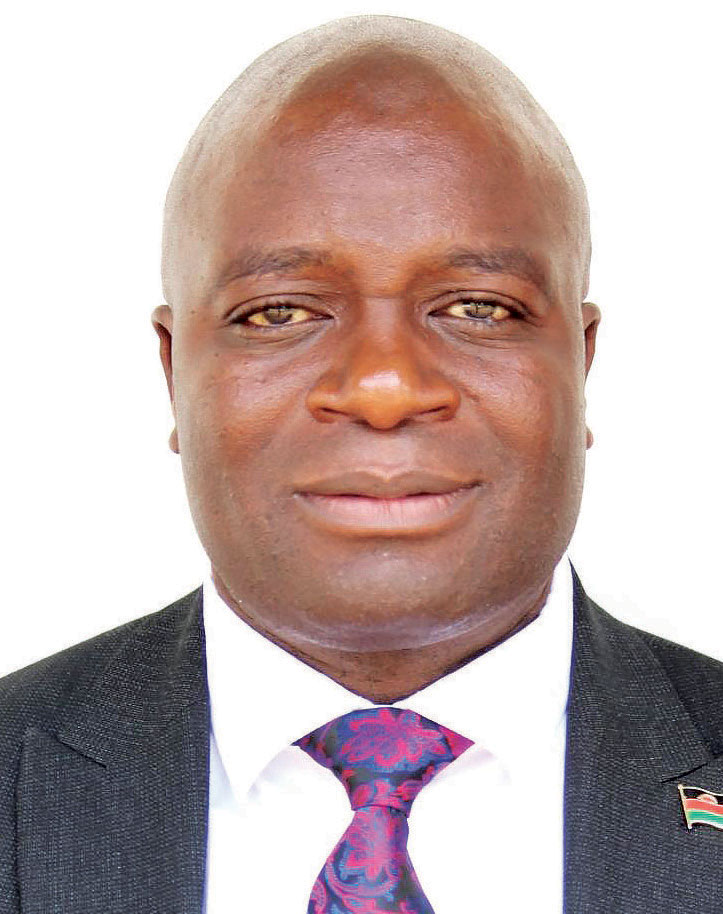By Wezzie Gausi:
Government has written off K6 billion of loans that people borrowed from the National Economic Empowerment Fund (Neef), a move trashed by analysts, who suspect that the funds might have gone to politically connected people.
The development comes after loans worth K9 billion, which were disbursed by Neef’s predecessor Malawi Enterprise Development Fund, were written off in 2023.
According to sources, Cabinet met on Monday this week, when a decision was made to write off the K6 billion.
Sources say the decision was made after Neef pleaded with government, whose officials were told that some of loans that were weighing the institution down needed to be removed.
Neef Chief Executive Officer Humphrey Mdyetseni to comment on the matter. said he was not better placed
“Kindly talk to the Secretary to the Treasury [Betchani Tchereni] to give you more information,” Mdyetseni said.

Office of the President and Cabinet (OPC) spokesperson Robert Kalindiza also referred us to the Treasury when asked to shed light on Cabinet’s decision.
On his part, Tchereni confirmed to have been dealing with the matter and request.
“However, let me check for more details regarding the progress of this matter from our stakeholders. For now, the OPC should be in a better position to give more details,” Tchereni said.
But the move by the government has not been welcomed by economists and other stakeholders.
Scotland-based economist Velli Nyirongo said the country may be witnessing a “tragedy of the commons” due to ineffective lending practices as Neef may be granting loans to individuals who are unlikely to repay them.
He attributed the development to inadequate credit checks, which thwarts efforts to identify sectors that carry higher risks than others.
“Again, there is a concern that Neef could be influenced by political agendas to provide loans, which undermines the integrity of financial decision-making,” Nyirongo said.
Business and Finance lecturer at Catholic University of Malawi Ferdinand Mchacha said the main challenge at Neef is the governance structure.
He said being a government-owned entity, Neef is prone to abuse, “mainly by politically connected persons”.
“These bad debts will continue if the current structure is maintained. In the end, the majority of the targeted Malawians will not benefit from these facilities.
“Government should put in place structures that should prevent political interference on loan disbursements and recovery processes. Alternatively, government can consider disbursing these loans through commercial banks which have robust systems for disbursing and managing debt recovery,” Mchacha said.

On his part, Centre for Social Accountability and Transparency Executive Director Willy Kambwandira said the OPC should come out clear on what criteria has been used to write off the K6 billion.
Otherwise, he said, in the absence of proper justification, “one would only speculate that this is exposing taxpayers’ money to organised fraud, and it sets a bad precedent as other beneficiaries may be compelled not to pay back the loans with expectations that OPC will also write them off”.
He further faulted politicisation of loans.
“The problem with Neef loans is that they are highly politicised, with identification of beneficiaries mostly based on political affiliation and patronage. As a result, responsible entities tolerate lack of accountability. There are a lot of abuses on these loans, largely by politicians, and it is high time government told us that these are grants not loans,” Kambwandira said.
Last year, the Treasury ranked Neef among the worst-performing State-owned enterprises when fellow players in the financial sector were basking in hefty profits.








